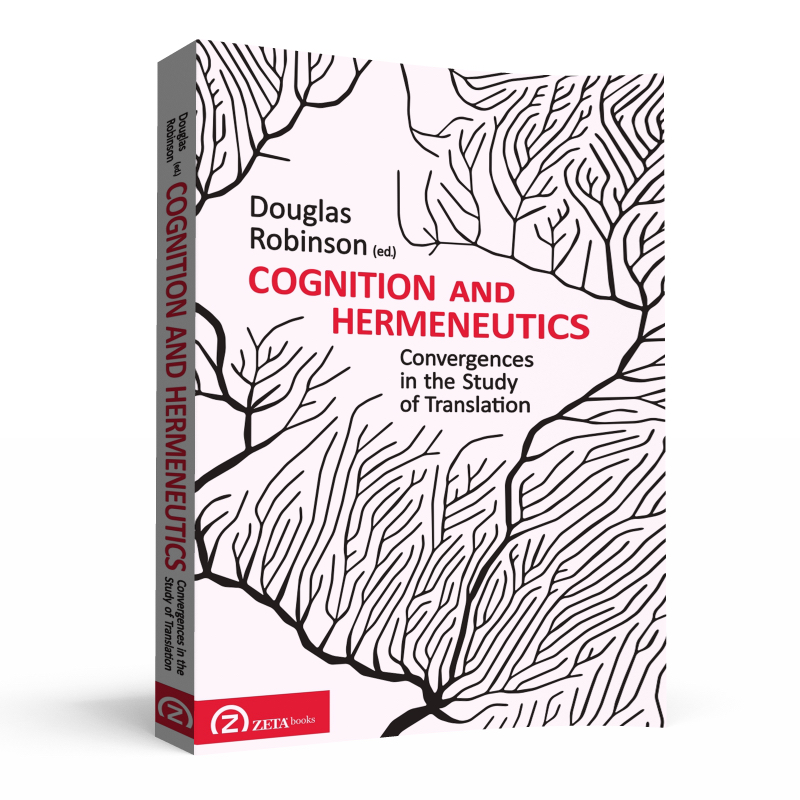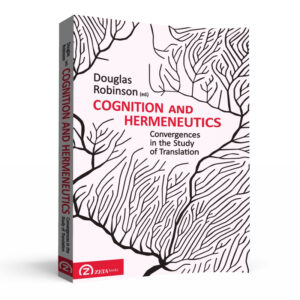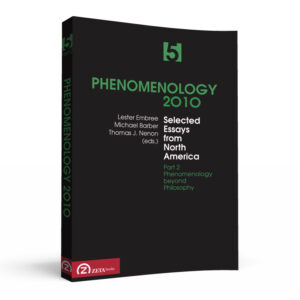Cognition and Hermeneutics: Convergences in the Study of Translation
It has recently become more apparent that there are strong commonalities and convergences between cognitive and hermeneutic approaches to translation studies, especially as the cognitive approach has turned more and more towards affect theory and the question of kinaesthetics, and as hermeneutic research has increasingly undertaken research into the actual processes of interpretation. This volume is accordingly devoted to an enquiry into the relationships that can be established between these two research fields.
Table of Contents
DOUGLAS ROBINSON: Editor’s Introduction: The Emergence of 4EA Cognitive Science out of Hermeneutics
SIGRID KUPSCH-LOSEREIT: Verstehen als Resultat kognitiver Prozesse. Eine konzeptuelle Neuausrichtung der Übersetzungshermeneutik?
ROBERTO WU: Translating Practices: Situated Bodies between Cognition and Expression
MASOUD POURAHMADALI TOCHAHI: Translation Consciousness and Translation-Specific Double Intentionality
MEHRNAZ PIROUZNIK: A Cognitivist Risk-Management Approach to Steiner’s Hermeneutic Motion
SILVINA KATZ & SÉVERINE HUBSCHER-DAVIDSON: Hermeneutics as a Route to Translating Auditory Aspects of Emotion in Silvina Ocampo’s Fictional Worlds: An Analysis of “Okno, el esclavo”
DOUGLAS ROBINSON: The Affordances of the Translator
ISBN 978-606-697-159-1 (paperback)
This volume partly reproduces the second issue of the Yearbook of Translational Hermeneutics.






